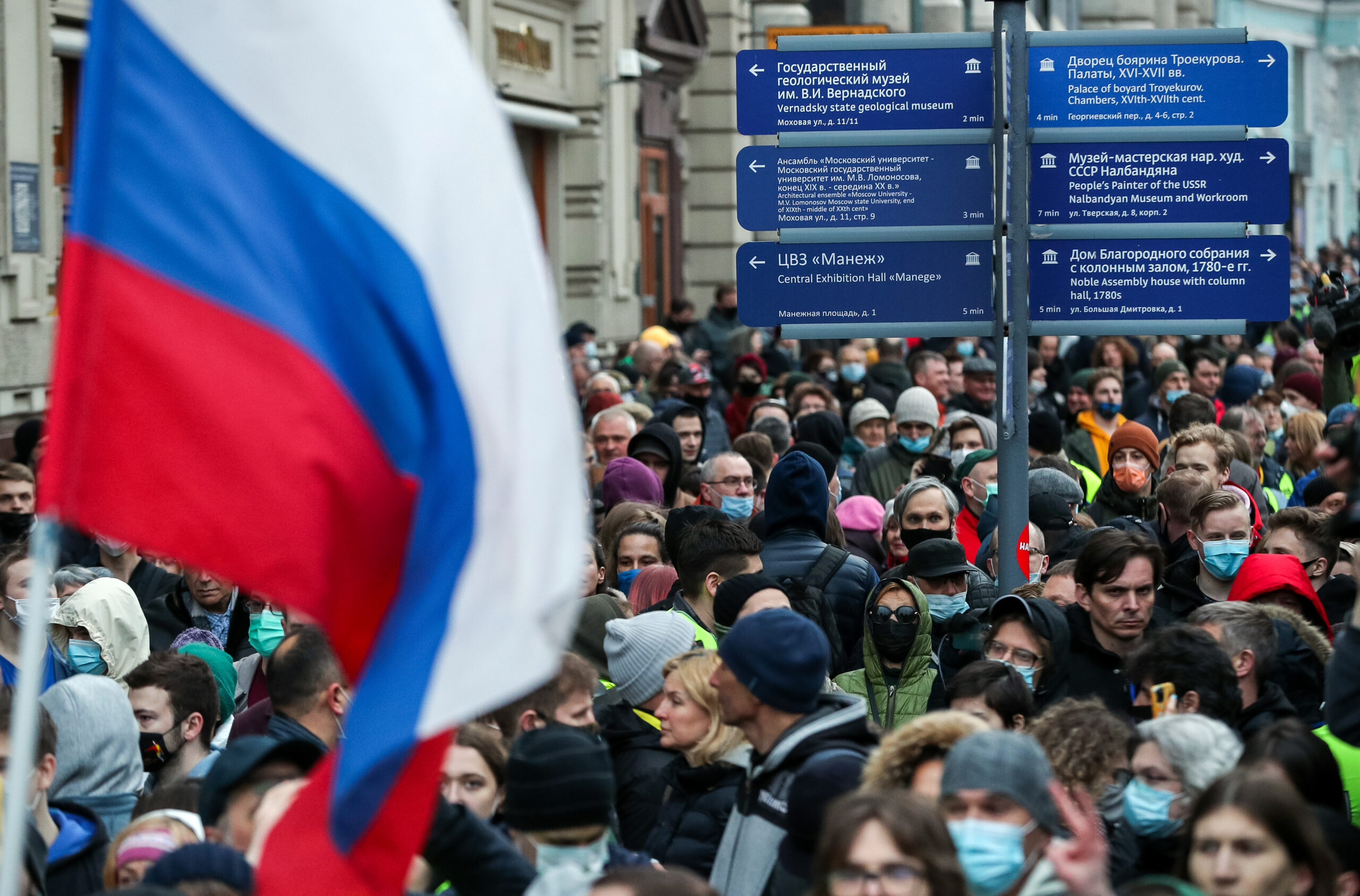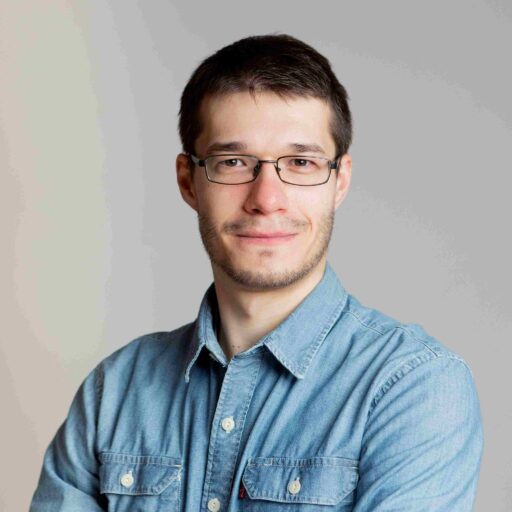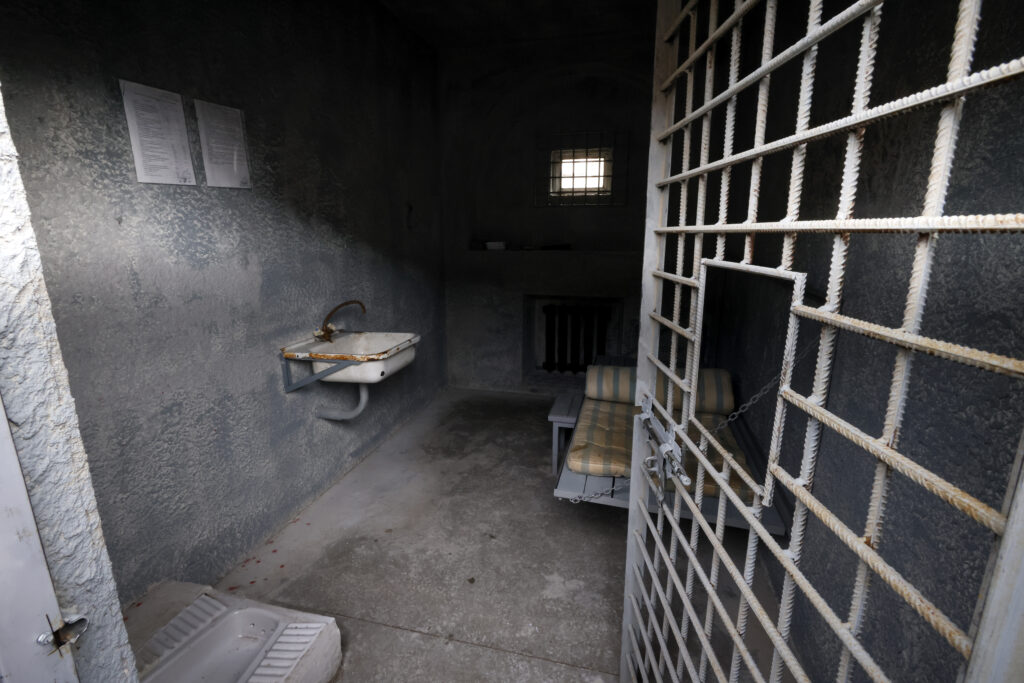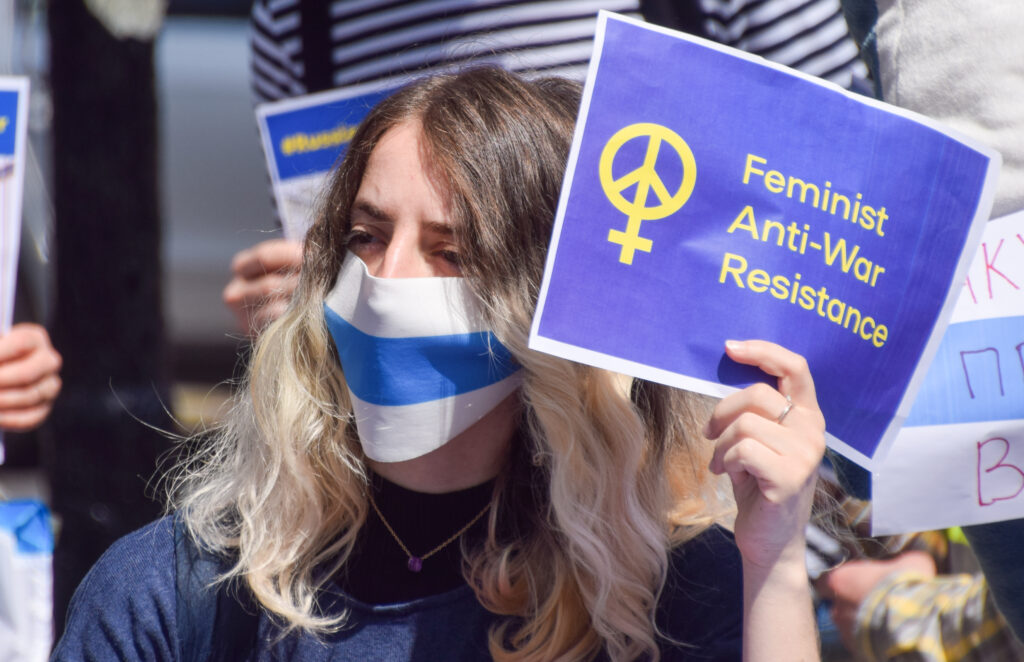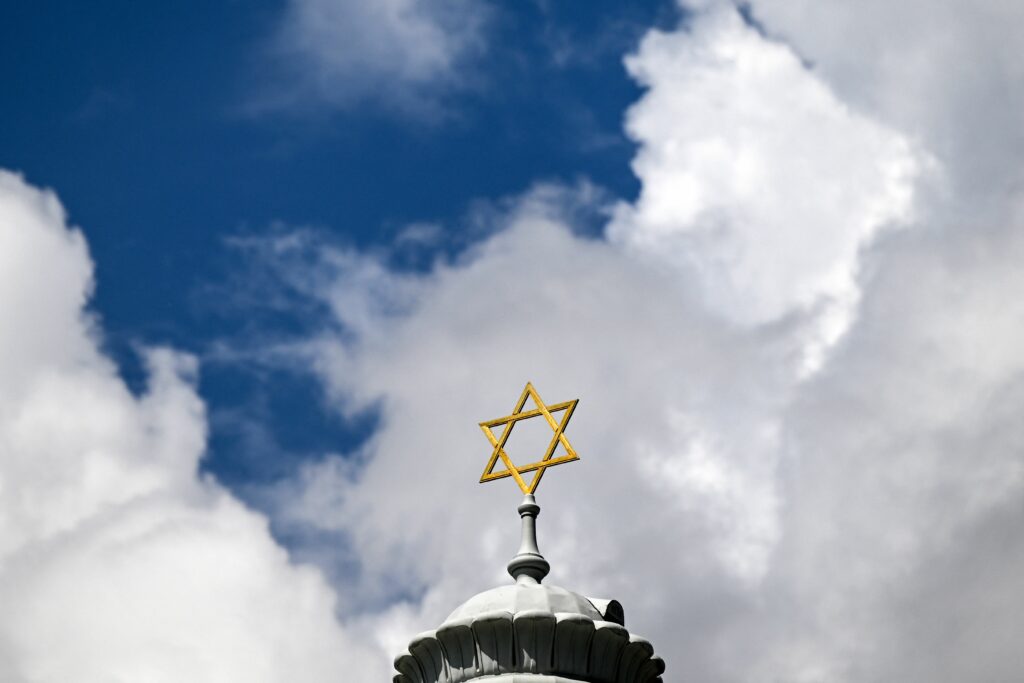Milan Svolik, a professor at Yale University, writes in his book The Politics of Authoritarian Rule that all dictators face two fundamental challenges: to control the elites they rule with and to restrain the masses from expressing public discontent with the regime. As regards the problem of power-sharing, Vladimir Putin took an important step in 2020. By resetting presidential terms to zero through a constitutional amendment, Putin has shown his elites that he is not a ‘lame duck’ and that he has retained the most important function in the authoritarian system of power, that of an intra-elite conflict solver. As he himself declared, the trick is that the constitutional amendment has significantly stabilised the domestic political situation.
In 2020, Putin was engaged in strengthening the system of power-sharing, whereas the regime’s efforts in 2021 have focused on another task: deterring the population from expressing public discontent with the status quo. As Adam Przeworski notes in Democracy and the Market, there are three ways to keep the population from protesting: economic prosperity, lies or fear. Since Russians’ real disposable incomes have been falling since 2014, and the economy itself is stagnant, it is only logical that the regime has been fighting the protest movement for several years now by mostly non-economic means. One thing that stood out in 2021 was that the Kremlin opted for a policy of fear as its main tool perhaps for the first time.
At the beginning of the year, political repressions mainly targeted the politician Alexei Navalny, citizens sympathetic to him, his closest associates and his political network. In spring, when the regime virtually eliminated the opposition, the repression continued. The crackdown reached journalists, human rights activists, educators and even people who, at first glance, were far from politics – i.e. actors, comedians, bloggers and rappers. The Russian political regime enters 2022 as a consolidated personalist dictatorship under the rule of hardliners.
Navalny and his supporters
On 17 January 2021, Navalny flew to Russia from Germany, where he was undergoing treatment after being poisoned with a Novichok nerve agent. Instead of being welcomed by his supporters at Vnukovo airport in Moscow, Navalny’s plane landed at Sheremetyevo, where he was met by officers from the Federal Penitentiary Service. That was his last day as a free man. On 2 February, Navalny was sentenced in the Yves Rocher case and sent to a corrective labour colony for two years and eight months, where he was tortured, as it was later revealed.
In response to Navalny’s arrest, members of his team announced rallies on 23 and 31 January. Rallies took place across the country. In many cities, the protests were suppressed with brutality unprecedented in Russia’s modern history: tasers, truncheons and physical violence were used against protesters, who were also threatened with firearms. During the January protests across the country, more than 11,000 people were detained. Many of them were sentenced to administrative arrest, and about a hundred criminal cases were instigated. On 2 February, the day when the court sentenced Navalny to prison, the authorities detained about 2,000 people who took to the streets in protest.
After the January protests, members of Navalny’s team announced a new rally in support of the politician. The website Freedom for Navalny! was created. On 16 April, unknown persons published a database of e-mail addresses of all those who had registered on the website. Soon afterwards, the people who had joined the database started receiving threatening emails; before the Duma elections, police officers started calling them. On 21 April, Russia witnessed its last mass protests of the year. Many were detained. Beatings and the use of tasers continued.
After the protests on 23 January, cases emerged concerning violations of COVID-19 restrictions. Navalny’s associates Lyubov Sobol and Kira Yarmysh, convicted in such cases, left Russia in August 2021. Vladimir Milov left Russia even before that, in April. In 2021, new criminal cases were instigated against Leonid Volkov and Ivan Zhdanov, who had been in exile since the summer of 2019. Criminal cases included the establishment of an ‘extremist community’, of which Navalny himself was accused. A case based on accusations of participation in this ‘extremist community’ was filed against Lyubov Sobol, Georgy Alburov, Ruslan Shaveddinov and others.
In spring, the process of destroying Navalny’s network got under way. On 16 April, the prosecutor’s office filed a lawsuit demanding that Navalny’s headquarters and the Anti-Corruption Foundation (FBK) be recognised as ‘extremist organisations’. On 9 June, the Moscow City Court upheld the claim. The trial was held behind closed doors, and the case files were classified. Since the summer, Navalny’s and the FBK’s offices have been banned in Russia as ‘extremist organisations’. Providing financial or organisational assistance to them in any form is a criminal offence. Throughout the year, former activists from Navalny’s network have faced arrests and detentions. Many have left the country. Those who stayed, however, risked being arrested on charges of creating or participating in an ‘extremist community’, as was the case with Lilia Chanysheva, the former head of Navalny’s office in Ufa.
In May, the State Duma passed a law banning citizens who had previously been members of ‘extremist organisations’ or otherwise participated in their activities from running in elections. Having a retroactive effect, this ban was used by the authorities to prevent anyone who had in any way supported Navalny in the past from running in the 2021 Duma and regional elections. In parallel, a campaign against recognisable opposition politicians unfolded in the country: Andrei Pivovarov and Maxim Reznik were arrested in St. Petersburg, while the former State Duma deputy Dmitry Gudkov was forced to leave the country.
Civil society
A crackdown on independent journalism in Russia began in spring. On 14 April, the premises of the staff of the student magazine DOXA were searched, and its editors were accused of involving minors in rallies. They are still forbidden to use means of communication and leave their homes for more than two hours a day. On 23 April, the Ministry of Justice labelled Meduza a ‘foreign agent’. Later, VTimes, The Insider, Vazhnye Istorii, MediaZona outlets and the Dozhd TV channel, as well as many individual journalists, were also included in the register of foreign agents. The Proekt media outlet, which investigated corruption within Putin’s entourage, was declared an ‘undesirable’ organisation.
At the same time, a crackdown on human rights defenders began. On 30 April, the premises of the lawyer and founder of Team 29, Ivan Pavlov, who represented the interests of Navalny and the FBK in court, were searched. On 16 July, Roskomnadzor blocked Team 29’s website, and Pavlov left Russia on 7 September. In November, he and other former Team 29 lawyers were declared ‘foreign agents’. On 29 September, the Ministry of Justice listed the human rights project OVD-Info as ‘foreign agents’ together with the activists of the Golos movement, which defends voters’ rights. On 8 November, the Prosecutor General’s Office demanded that Memorial, which was recognised as a ‘foreign agent’ back in 2014, be closed down.
On 13 March, the police detained the participants of a forum of municipal deputies allegedly because of ‘violations of COVID-19 restrictions’. On 4 April, the independent documentary film festival Artdocfest was cancelled in St. Petersburg. On 1 June, the law on educational activity came into force, and any dissemination of knowledge is now under state control. On 21 June, the Office of the Public Prosecutor General recognised the US-based Bard College, which cooperated with the Faculty of Liberal Arts and Sciences of St. Petersburg State University, as an ‘undesirable’ organisation. On 30 June, the Oxford Russia Fund, which offered assistance to young scientists, was declared undesirable. On 11 October, Sergey Zuev, the rector of the Moscow School of Social and Economic Sciences (SHANINKA), was detained.
The year 2021 was notorious for fines, arrests and even actual sentences for social media posts. Here are a few examples. In Karelia, Yelena Moshchitskaya, a mother of a large family, was fined 10,000 roubles for reposting an article about a peaceful protest in support of Navalny. Mediazona’s editor-in-chief, Sergey Smirnov, who was listed as a ‘foreign agent’ on 29 September, spent 15 days in prison for retweeting someone else’s joke. Andrey Borovikov, former coordinator of Navalny’s office in Arkhangelsk, was sentenced to two and a half years in prison for reposting a Rammstein video.
Never before has the Russian Internet been under such pressure as it has been in 2021. In March, Roskomnadzor announced a slowdown of Twitter. In July, the agency blocked more than 40 websites linked to Navalny. From September to December 2021, Roskomnadzor blocked many popular VPN services, as well as the Tor project’s website. Roskomnadzor’s special focus was the fight against the Smart Voting campaign: neither Apple nor Google dared to disobey the agency’s demands, and they both removed Smart Voting recommendations from all their platforms in the run-up to and during the Duma election.
In 2021, even people not involved in politics faced repressions. Actors who had spoken out in support of Navalny in the winter lost roles and advertising contracts. The journalist Yury Dud, who interviewed prominent figures critical of the authorities on his YouTube channel with almost 10 million subscribers, was fined for drug propaganda. Searches were carried out at the premises of the authors of satirical videos about a fictitious public official named Vitaly Nalivkin. The video blogger Yury Khovansky has been in pre-trial detention for six months now on charges of supporting terrorism. In December, the Investigative Committee started analysing the lyrics of the popular rappers Oxymiron and Noize MC for extremist content. The police follow stand-up comedians. This is how the authorities are encouraging self-censorship.
What’s next?
Five hundred years ago, Niccolo Machiavelli wrote in The Prince that it is best for a ruler to be both loved and feared, but ‘it is far safer to be feared than loved if you cannot be both’. The Kremlin seems to share this belief. Since the government’s economic policy is aimed at maintaining ‘stable stagnation’ rather than economic growth, it won’t be able to buy the population’s complacency. On the other hand, although the government’s propaganda is still working, its long-term performance is questionable. The share of Russians who obtain information through television has decreased by 25% in the seven years since March 2014. At the same time, citizens’ trust in information from social media and online publications is growing. Against this backdrop, along with the consolidation of online censorship, the politics of fear is becoming an increasingly attractive tool for controlling public sentiment.
Lauren Young, a professor at the University of California, Davis, demonstrated in her recent study how repression works and what dividends a dictator can reap from it. Citizens are more likely to feel fear when witnessing violence used by the authorities. Fear, in turn, leads to pessimism about the prospects for collective action (‘no one will take to the streets, and I won’t either’) and a lower willingness to take risks. All of this diminishes citizens’ desire to express disloyalty to the authorities. In the case of Russia, the politics of fear is also amplified by the fact that many Russians depend on payments from the state budget. As studies show, state-sector professionals, all other things being equal, are less likely to protest and are also less supportive of democracy.
Yes, repressions undermine the legitimacy of state institutions and can even, albeit with very low probability, lead to the opposite effect when people lose patience and pour into the streets. But the year 2021 showed that the Russian regime will stop at nothing to maintain the status quo.
